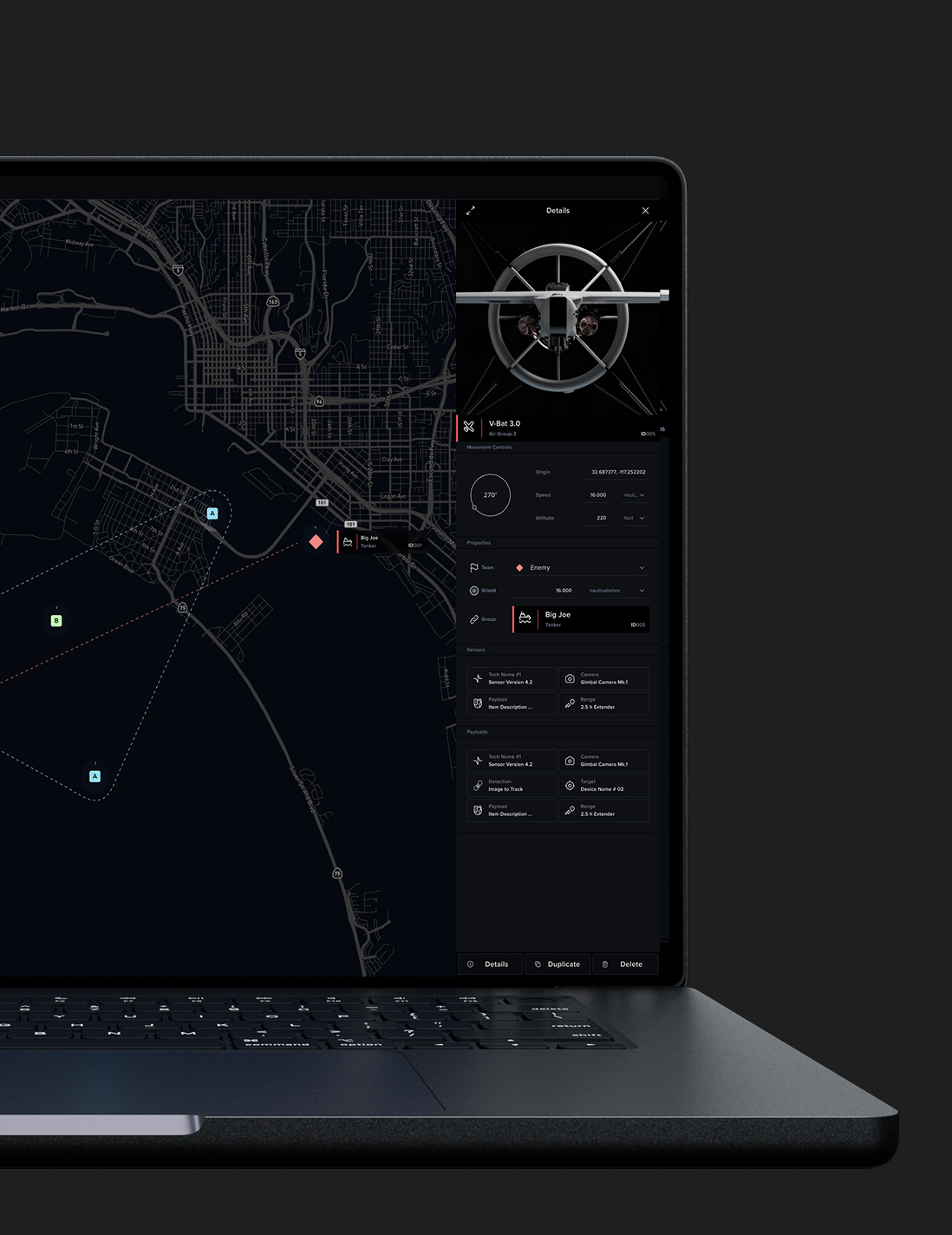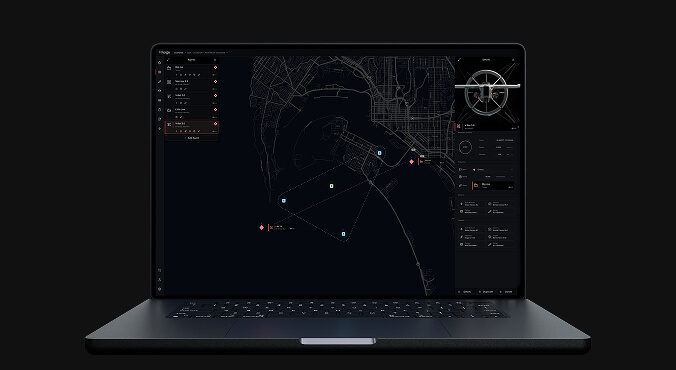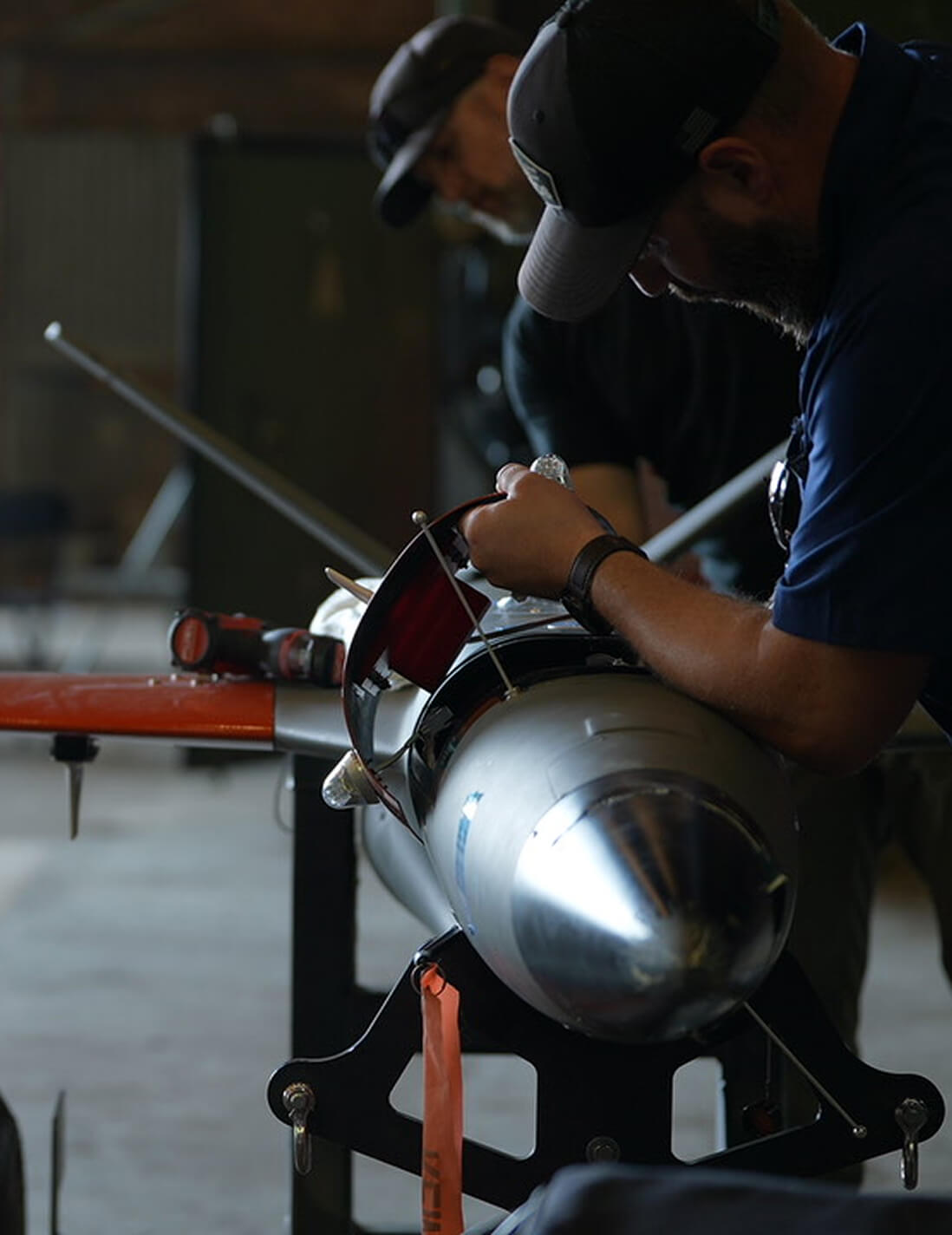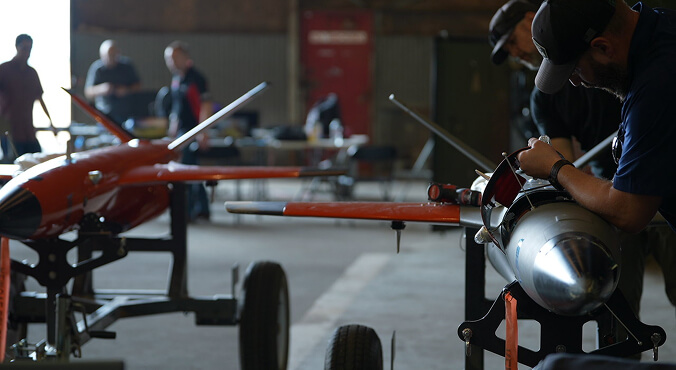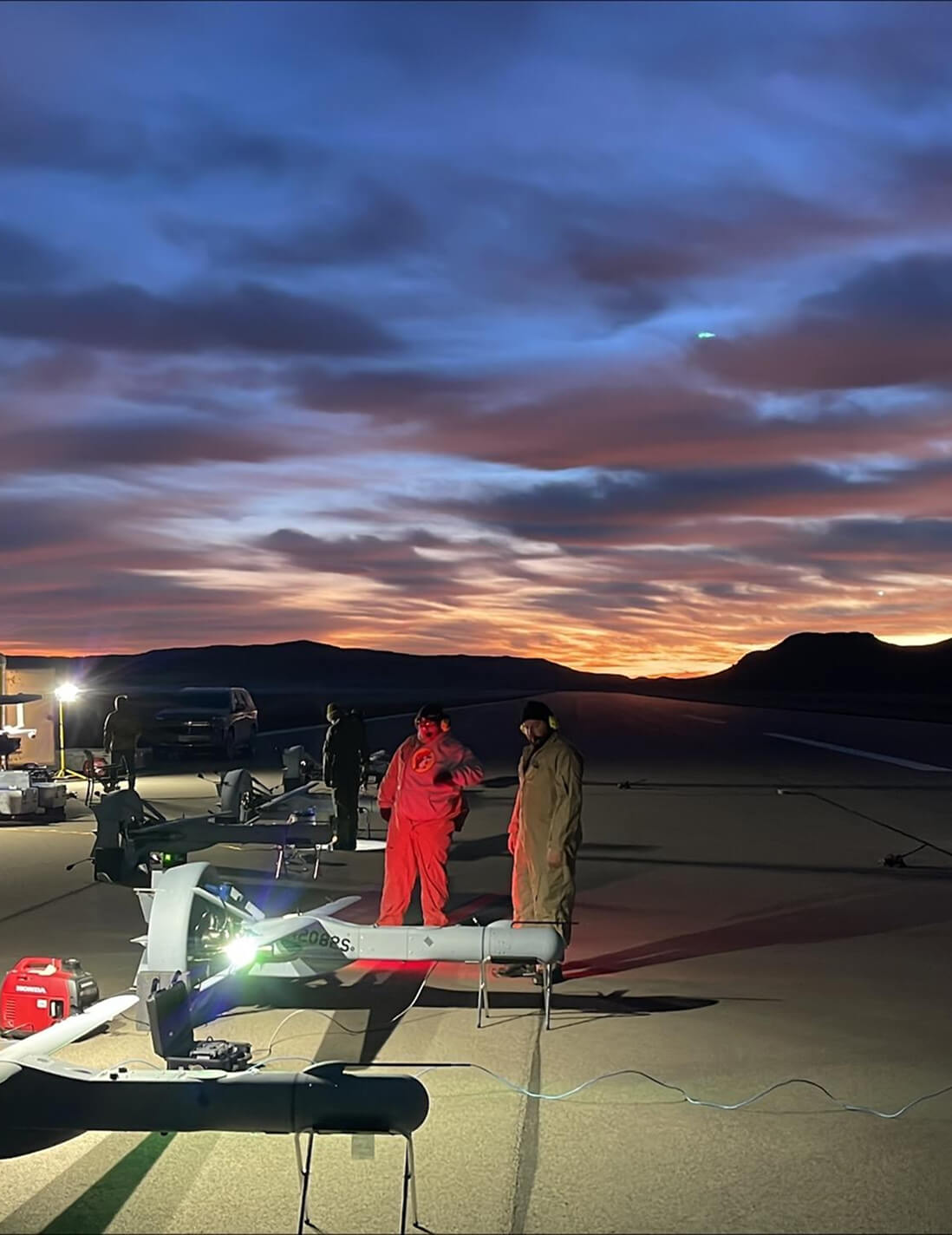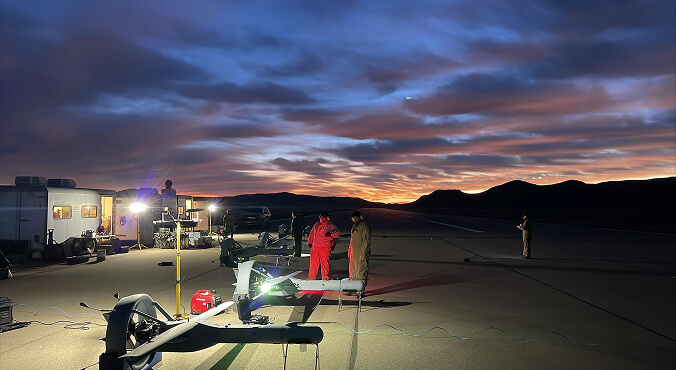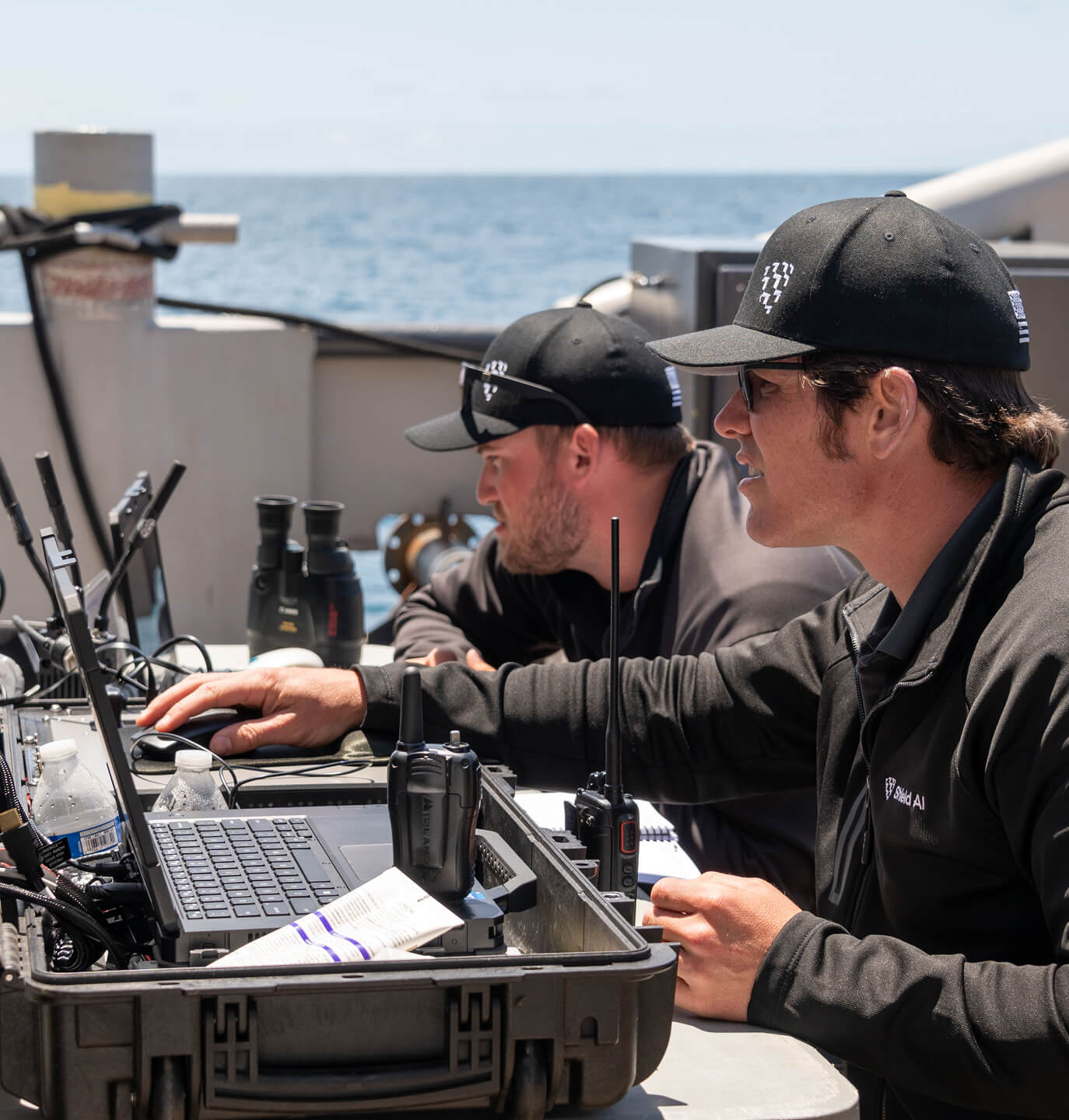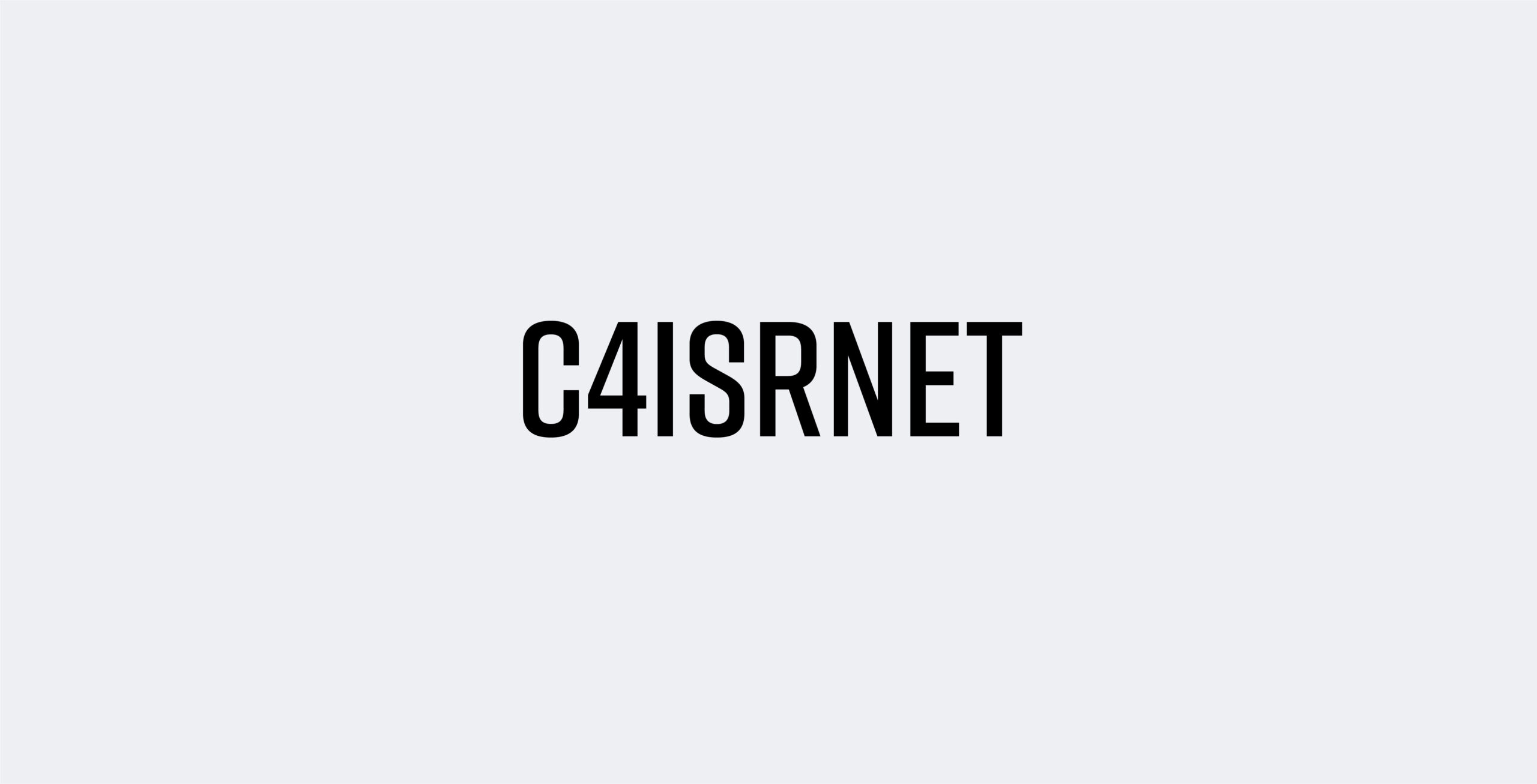[October 22, 2020]
On Overcoming Obstacles
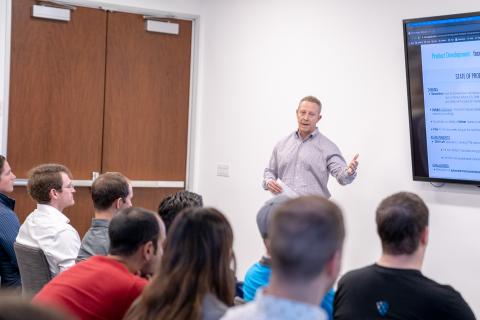
At Shield AI, we pride ourselves on taking on challenges and embracing the obstacles that come with them. We speak often about working through these obstacles, either by creatively bypassing them, or innovating in a way that allows us to power through them.
When speaking about obstacles, and overcoming them, the focus is usually on the achievement. When we solve a problem, we celebrate the win. However, it is equally — if not more — important for us to contemplate the how and to retrospect on the processes, the teamwork, and the struggles that occur while we are developing our solutions.
Throughout my career, I have learned that there is no prescriptive framework that one can follow to ensure success. Success is always a custom framework. What works for one problem set, may not necessarily be applicable to the next. What does remain constant is that success requires a team to work together in a disciplined manner, relying on each other’s strengths to elevate the whole team. It follows when a team remains focused on key priorities and adheres to established processes and procedures.
Yet, while processes and procedures play a vital role in delivering successful results, it is also important not to commit too rigidly to following them. Processes and procedures require balance. For instance, in circumstances where time is of the essence, procedures may need to be intentionally overridden or modified in order for the team to execute on schedule. It is okay for procedures to evolve over time and it is okay to be flexible because in tackling obstacles, we want to be effective and efficient. And to be effective is often to be pragmatic.
Likewise, when problem-solving, it is necessary to consider the context. Processes that work for one aspect of the business may not be applicable to or appropriate for another function. Different contexts require different strategies and tactics. And at its heart, success is the tactical execution that moves the needle.
At Shield AI, we strive for operational excellence. We consider teams to be operationally excellent when they work well together, adapt to challenges, and evolve to overcome obstacles. For individuals, operational excellence requires an active, in-the-now mindset to constantly consider how one person can make an impact. This mindset is paramount. No one will ever come up to you, tap you on your shoulder, and tell you that you are now empowered to do something that you couldn’t have already done. Your inspiration needs to come from within.
In close, when you are working through your own obstacles this week or in the coming weeks, I urge you to come back to your priorities, derive meaning from your potential impact, and always focus on our teammates. Don’t be afraid to veer from established procedures and break the mold when necessary. What is innovation if not a break from tradition?
